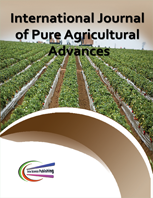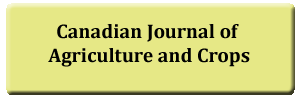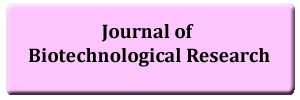Economic Wellbeing of Farming Households before and during the COVID-19 Pandemic in Nigeria
DOI:
https://doi.org/10.55284/ijpaa.v6i1.702Keywords:
Agriculture, Pandemic, Before COVID-19, After COVID-19, Farming households, Economic wellbeing.Abstract
The COVID-19 pandemic breakout affected every population and the agricultural sector in Nigeria was not spared from the pandemic. This was due to restrictions on mobility, interaction of people and reduced purchasing power of people. The demand and supply of the agricultural produce internally and externally were affected due to the measures adopted to contain the spread of the virus. Farmers were finding it difficult to obtain farm inputs like seedlings, fertilizers, herbicides etc. The pandemic caused the abundance and availability of these products, making it difficult for farmers to make profit. The paper examined the economic wellbeing of 400 smallholder farmers before and during the COVID-19 pandemic using descriptive statistics and regression. The result from the research indicated that COVID-19 had a positive relationship with monthly farm expenditure, monthly food expenditure, monthly utility expenditure, number of farm visits, cost of fertilizer, number of food consumption per day, quantity of produce harvested, number of farm land cultivated and number of days spent on the farm. Monthly health expenditure, family allowances and cost of transportation were negatively related with the COVID-19 pandemic. In general, there was a significant difference between the economic wellbeing of farming household before and during the covid-19 pandemic in Nigeria.


